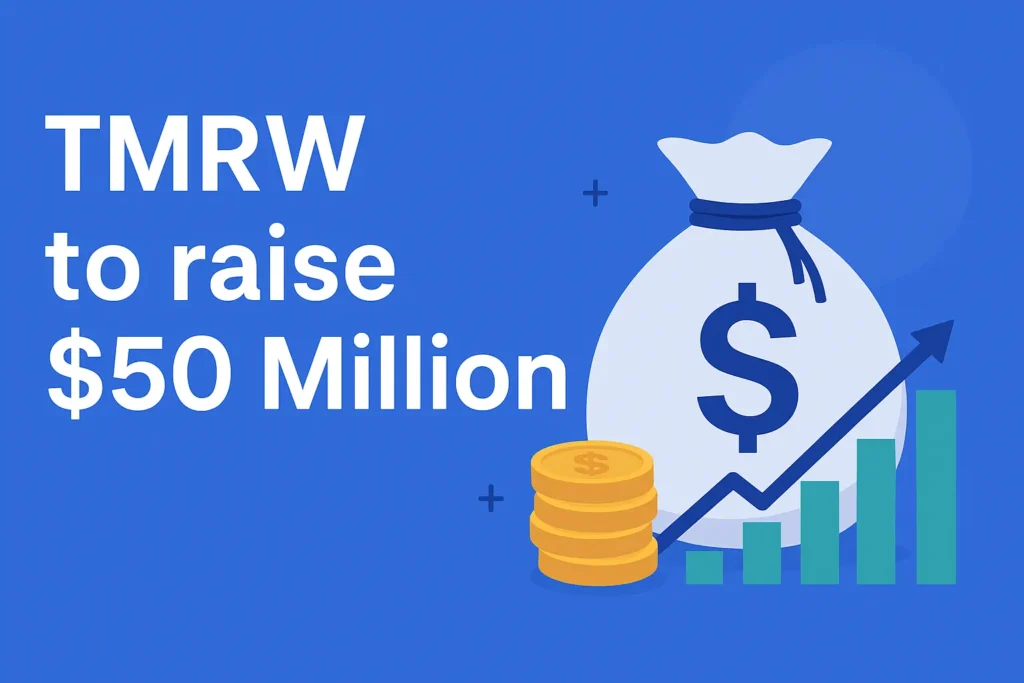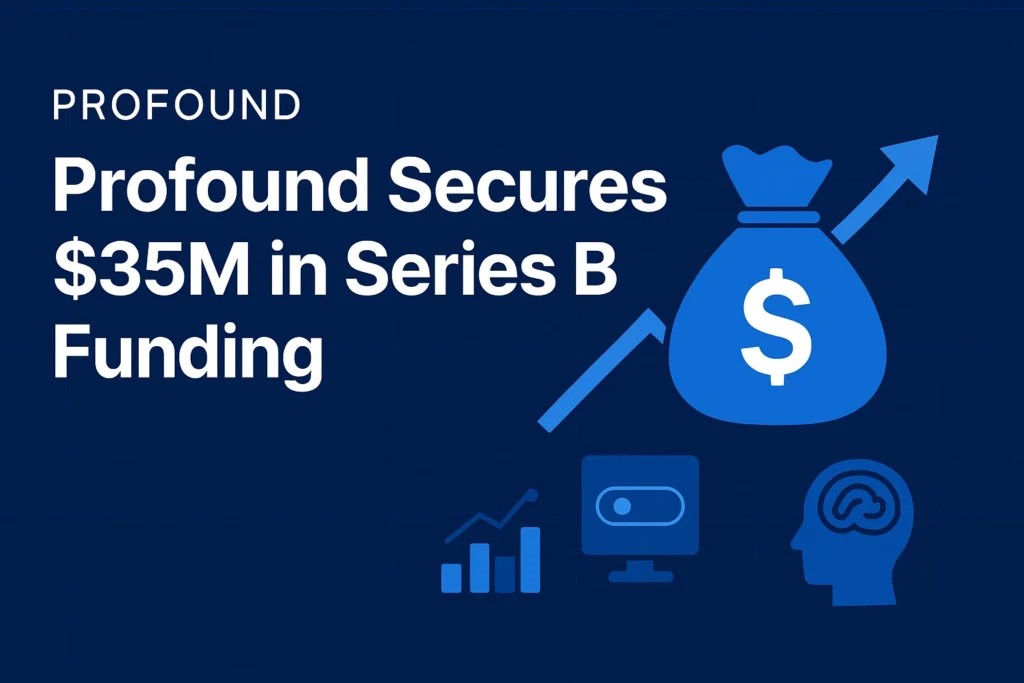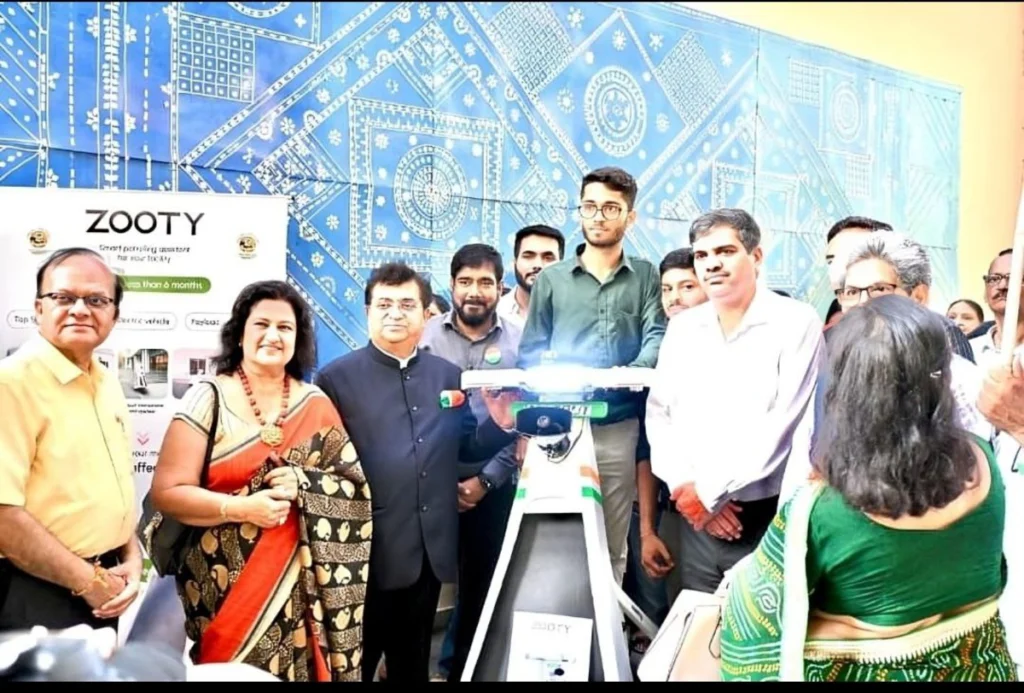UnifyApps, the New York-based enterprise AI operating system developer, has secured $50 million in Series B funding at a $250 million valuation from WestBridge Capital with participation from ICONIQ and existing backers, while simultaneously appointing Sprinklr founder Ragy Thomas as Chairman and Co-CEO. Led by WestBridge’s conviction in agentic AI infrastructure and validated by Thomas’s quarter-billion-dollar enterprise software track record, this funding round raises a crucial question: why is nearly $50 million flowing into yet another enterprise AI platform when companies have already poured $30-40 billion into generative AI initiatives, and MIT research reveals 95% of enterprise AI pilots deliver zero measurable return?
The $229.3 Billion Integration Crisis Nobody Else Solved
The answer lies in understanding what’s happening beneath the surface of enterprise AI’s spectacular failure rate. Despite the global enterprise artificial intelligence market projected to surge from $97.2 billion in 2025 to $229.3 billion by 2030—representing 18.9% compound annual growth that positions this sector among technology’s fastest-expanding segments—organizations confront a critical execution gap. Foundation models proliferate exponentially, yet most enterprises struggle to connect AI systems with siloed Salesforce instances, Workday platforms, and corporate knowledge bases simultaneously without triggering costly AI sprawl that stalls business outcomes.
UnifyApps operates what it describes as the “Enterprise Operating System for AI”—a platform unifying systems of record, knowledge, and activity across fragmented enterprise architectures. Since founding in 2023 by Pavitar Singh mere months after ChatGPT ignited the generative AI boom, the company has secured enterprise customers including Lowe’s, HDFC Bank, and Deutsche Telekom while scaling revenue sevenfold year-over-year. Co-CEO Singh targets helping organizations accelerate GenAI and agentic AI deployment cycles from months to days, demonstrating this capability with a Fortune 50 retailer where UnifyApps integrated intelligent automation across store operations, supply chain, merchandising, and finance through its no-code platform and deep data connectivity.
Why Fortune 500s Can’t Build This Internally
UnifyApps’ rapid customer adoption trajectory provides context for enterprises increasingly outsourcing AI integration rather than developing proprietary connection layers. The company expanded from early-stage startup to 400-person operation attracting institutional capital at $250 million valuation—growth rates validating that enterprise AI infrastructure requires specialized platform providers rather than internal IT development. WestBridge Partner Rishit Desai emphasized this reality: “While most organizations are still stuck in experimentation, UnifyApps helps them scale real AI across workflows—securely, with strong governance, and with measurable ROI.”
The funding structure reflects enterprise software maturity rather than experimental technology bets. Thomas, whose customer experience platform Sprinklr achieved public market success, brings go-to-market expertise complementing Singh’s technical architecture—a leadership combination signaling transition from pilot programs to production deployment. This dual-CEO structure addresses the execution failure plaguing enterprise AI: MIT’s analysis of 300+ AI initiatives revealed purchasing specialized vendor solutions succeeds 67% of the time, while internal builds succeed only one-third as often.
The Strategic Validation Behind $50 Million
The funding round brings WestBridge Capital as lead investor recognizing that enterprises transitioning from digital-native to AI-native operations require foundational infrastructure analogous to how ERP systems enabled digital transformation decades earlier. Thomas articulated this parallel: “We are seeing the same inflection point we saw with the rise of the internet—every piece of software, workflow, and process will be reinvented with AI at the core. UnifyApps is building the platform that makes that transformation possible.”
The timing coincides with enterprise AI reaching commercial readiness inflection despite widespread pilot failures. The enterprise agentic AI market alone—autonomous systems capable of multi-step decision-making—is projected to explode from $2.58 billion in 2024 to $24.50 billion by 2030, representing 46.2% compound annual growth. Meanwhile, broader enterprise AI spending exhibits 30-40% annual growth rates, with corporate AI investment jumping to $13-14 billion in 2024—roughly six times higher than 2023 levels.
UnifyApps’ Fortune 500 customer roster validates commercial viability transcending experimental deployments. The platform’s LLM-agnostic architecture enables enterprises to deploy multiple AI models—whether proprietary, open-source, or commercial—through unified API integration without managing fragmented vendor relationships. This architectural decision addresses MIT’s finding that generic tools like ChatGPT excel for individuals through flexibility but stall in enterprise contexts because they don’t learn from or adapt to organizational workflows.
Why This Matters For Enterprise AI Economics
UnifyApps’ $50 million raise positions the company within broader 2025 enterprise AI dynamics where integration platforms capture disproportionate value:
Back-Office Automation Dominance: Despite half of enterprise AI budgets targeting sales and marketing applications, MIT research confirms highest measurable ROI concentrates in back-office automation reducing business process outsourcing dependencies, slashing agency costs, and streamlining repetitive workflows. UnifyApps’ Fortune 50 retailer deployment across supply chain and finance operations directly addresses this highest-return segment.
Regulatory Framework Acceleration: As governments introduce AI governance frameworks demanding transparency and algorithmic accountability, enterprises require platforms providing governance infrastructure rather than retrofitting compliance onto experimental tools. UnifyApps’ enterprise-grade security architecture enables regulated industries to deploy AI within compliance boundaries.
Agentic AI Infrastructure Requirement: The transition from assisted AI copilots to autonomous agents capable of setting sub-goals and acting semi-independently requires deeper enterprise system integration. Deloitte predicts 25% of GenAI-using companies will pilot autonomous agents by 2025, doubling to 50% by 2027—a trajectory demanding specialized integration platforms rather than point solutions.
The Answer: Enterprise Operating System for AI-Native Transformation
So why $50 million for UnifyApps at $250 million valuation while 95% of enterprise AI initiatives fail? Because the company combines elements distinguishing the successful 5%: proven deployment methodology evidenced by Fortune 500 customers achieving production outcomes, vendor-led integration architecture delivering 67% success rates versus 33% for internal builds, and strategic timing where enterprises recognize AI-native transformation requires foundational infrastructure rather than disconnected pilot programs.
The appointment of Thomas as Co-CEO validates market recognition that enterprise AI winners emerge through go-to-market execution rather than technology differentiation alone. With plans expanding the 400-person team by 110 employees, deepening European presence, and accelerating platform development across thousands of pre-built integrations, UnifyApps positions itself as infrastructure layer for commercial enterprise AI—analogous to how Salesforce became customer relationship infrastructure two decades earlier.
I’m Araib Khan, an author at Startups Union, where I share insights on entrepreneurship, innovation, and business growth. This role helps me enhance my credibility, connect with professionals, and contribute to impactful ideas within the global startup ecosystem.




